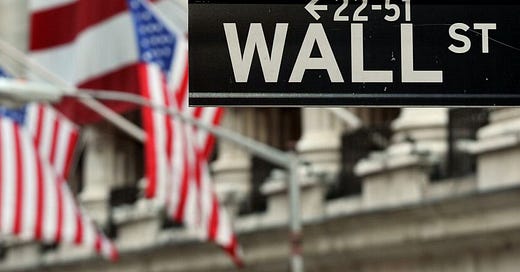It's the Economy, Stupid
But the media is doing its level best to obscure the reality.
by Rod D. Martin
June 1, 2004
As the media continues its “if it bleeds it leads” bias on Iraq – despite tremendous positive news from that front – and the President’s poll numbers reflect that, it’s hard for many conservatives to remember that iron law of politics given us twelve years ago by James Carville:
It’s the economy, stupid.
One reason it’s easy to forget this wise counsel right now is that the public’s perception of the economy is much worse than the reality. Indeed, that was the case in 1992 as well, when Bill Clinton got away with the most ludicrous of lies, that we were living in “the worst economy since the Great Depression” during a period of surging economic growth coming out of the brief 1990-1991 recession; and George W. Bush would do well to learn the lesson.
But the facts on the ground are much, much better than in 1992. And despite the Alphabet Media’s best efforts, it’s going to get harder and harder to conceal that fact as the year progresses.
Some statistics are in o…




